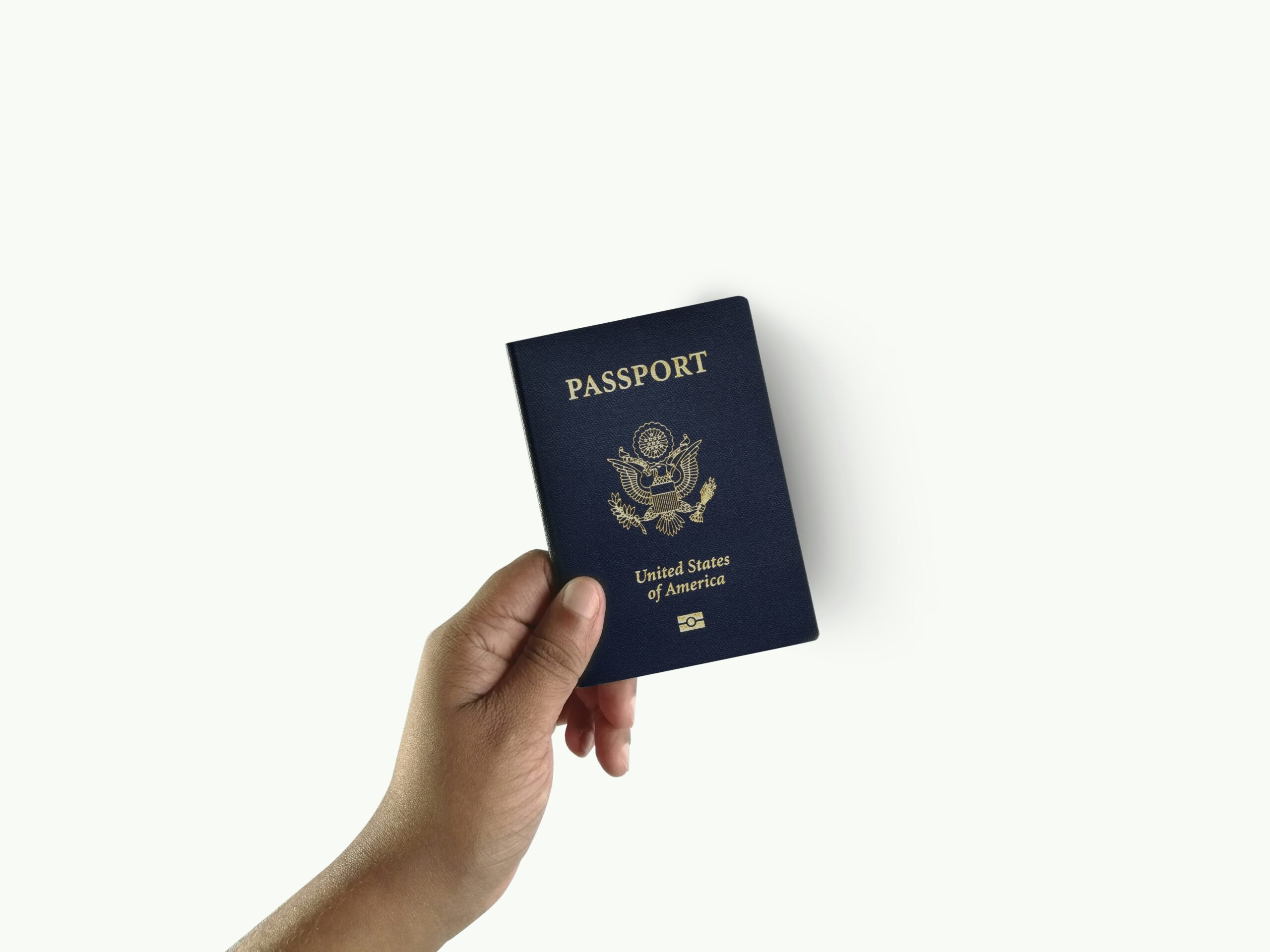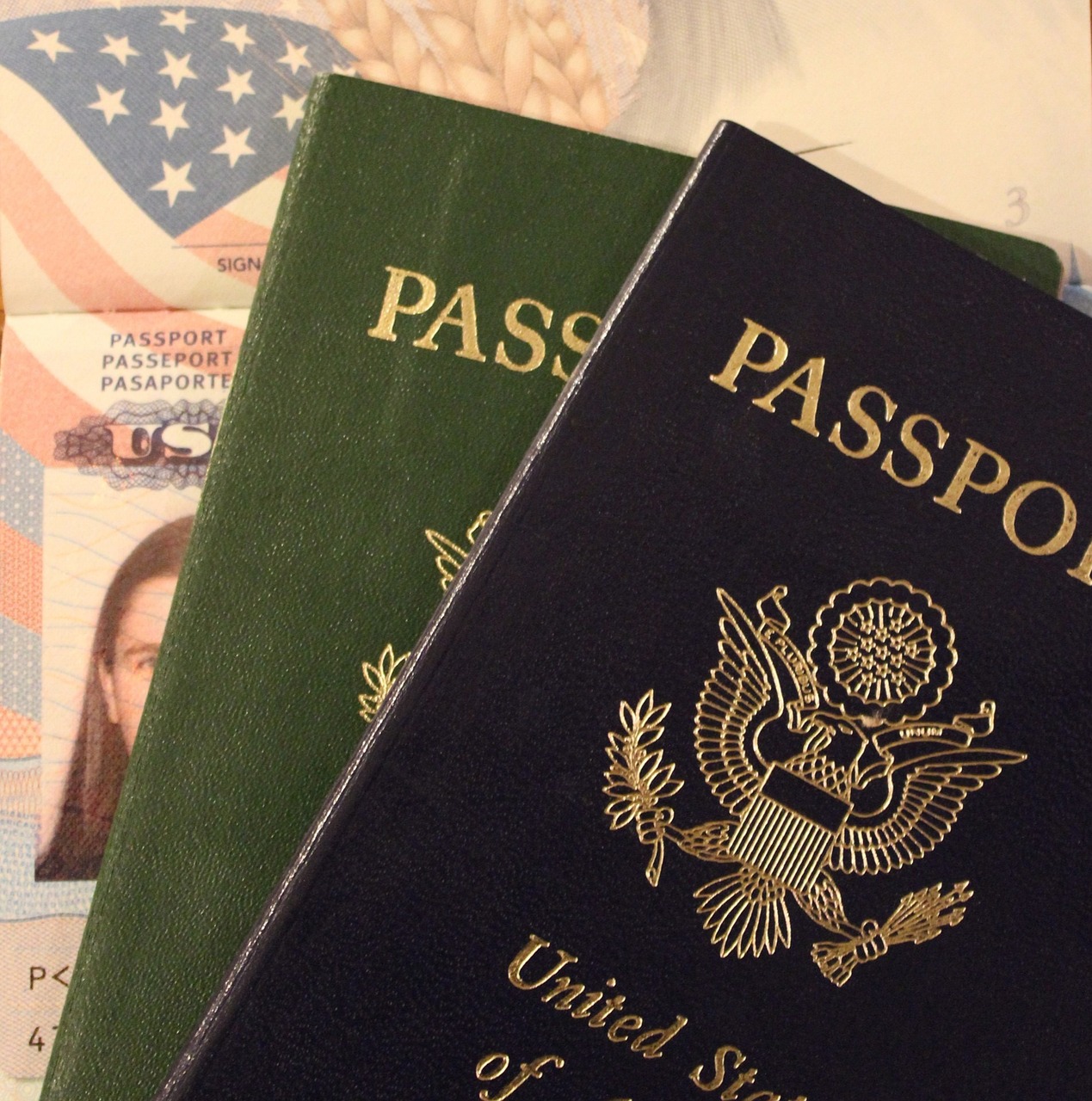What are the 7 things you need to know before your naturalization interview? Hi, I'm Jim Hacking, immigration lawyer practicing law throughout the United States at our office here in St. Louis, Missouri. Laura and McKinsey from our marketing team tell me that I need to do more listicles. A listicle is a list of things that people need to know. And so I thought first and foremost, I do want on naturalization. Now I'm not going to be doing these every day, but I am preparing ahead. Usually when I shoot my videos, I just do it right off the top of my head. But on this one, I actually made a little list, which if you follow us on Instagram @hackinglawpracticellc, you can find our Instagram account and I have posted a picture of this very list. So, in this video, we're talking about the seven things that you need to know before your naturalization interview.
So the first thing is, is that naturalization cases, N-400 cases are taking twice as long as they used to. This is sort of true across the board. This is part of the USCA's efforts to "cut down on immigration fraud", and they're just slowing everything down. So, cases that used to take seven or eight months are now taking 12, 14, 16 months. And so one thing you want to think about because the cases are taking so long is usually we used to tell people, don't worry about renewing your Green Card if you're up against the deadline for your Green Card expiring, but now with the cases taking so very long, we are suggesting that people go ahead and renew that Green Card so that they can travel outside of the United States if they need to on short notice. Now, if you know a 100% that you're not going to, you probably can skip that one.
The next thing is that for your naturalization interview and examination, you're going to have to pass that English and civics test. And one thing that I've noticed, or that we've noticed here in the firm is that they are asking the harder questions. So in the old days you would get things like what ocean is off the West Coast or what happened on July 4th, 1776, those kinds of things, but now we're getting questions about Susan B. Anthony and all the harder questions like the cabinet positions, the branches of the government, we're seeing the harder questions being asked. So you want to make sure to study all the questions. You probably want to do flashcards or have some other means of studying, but you really want to nail it down.
And that brings us to our third point. Point number three is that you really want to make sure that you have someone read the questions to you orally. When you go in for your exam, the officer's not going to hand you a book and say, circle the right answer. The officer's going to ask you a question and you're going to have to answer it. So you really want to practice listening to the questions, listening to the questions. And reading them is fine, but if you don't practice listening to the questions, then you're going to be thrown off track when you go to your interview. The fourth thing is, is that your officer is not your friend. The immigration services officer who's looking at your case is not looking at your case oh, how do I approve Jim's case? What are all the things that I can do to help Jim's case get approved? No, no, no, not these days. It's in fact quite the opposite. What are the things I can do to keep him from getting his citizenship? What can I do to slow down his case? What can I do to cause trouble?
And how does this sort of manifest itself? Well, they really like to go back and look at your entire immigration history. So you're going to want to make sure that you track your whole immigration history and that you're ready to discuss all those things. And you need to make sure that you're well prepared and that you're organized. And that brings us to our next point. Point number five, you have to listen and pause before each answer. So, sometimes it's natural, you get into a rhythm with the officer and it becomes sort of like a regular conversation, but you have to remember, this is not a regular conversation, this is an immigration services officer who's looking for ways to deny your case and so you can't just get into this rhythm of yeah, yeah and not listening and just sort of talking very quickly.
There's nobody taking down how long, how many minutes it takes for you to answer a question. It's okay to pause and answer. This is true for the test because sometimes people just blurt out the wrong answer and the officer takes the first answer you give or it's an answer to all the other questions that are based on your eligibility for naturalization. So you want to make sure that you listen to the question and then pause like I just did. You want to pause before you answer. One other helpful tip that I'll give you from my days doing depositions, it's often good to repeat the question back to the officer, if that gives you more time.
So for instance, if the officer says, why did you stay outside the United States in Jordan for so long? I stayed outside the United States in Jordan for so long, because, so see, by repeating the question back as part of your answer, it gives you time to think, but you don't even feel like you have to do that. You can just sit there and wait a second and then answer it. It's not a time test. The sixth point that I want to make about naturalization is that it's okay to say, I don't know. If you don't know the answer, if you don't remember the answer, your job is just to do your best and to tell the truth, but if there's something that you don't remember, don't guess it's better to say I don't know.
Now you don't want every answer out of your mouth to be, I don't know and for many of the questions on the naturalization exam, it's either a yes or a no, but if you get into some other thing where they're asking something specific and it's not a yes, no question and you don't know the answer, if that's true, if you really don't know, saying, I don't know is okay, but you don't want to do that every question and you certainly don't want to do it on the yes and no questions. The final thing you need to know as you prepare for your naturalization interview is that you're probably not going to get a decision right then. In the old days, you would see more and more that people were told that they were approved, we're not seeing that as much as we used to probably as often and a lot of times that's because cases are going to supervisor review.
If you've had any kind of interaction with law enforcement, any kind of criminal matters anywhere in your past, that's most likely going to go to a supervisor for review and unless the officer is seasoned and has been doing it a long time, they're not going to be able to approve you on the spot. So that's the seventh tip. Those are all our tips. We really hope you do well at your naturalization interview. We hope you file the strongest case possible. If you need our help, feel free to give us a call at (314) 961-8200. You can email us at [email protected]. Be sure to join us in our Facebook group, which is called Immigrant Home. And if you like this video, we ask that you please share it on social and that you subscribe to our YouTube channel so that you get updates whenever we make videos just like this one. Thanks a lot. Have a great day.








